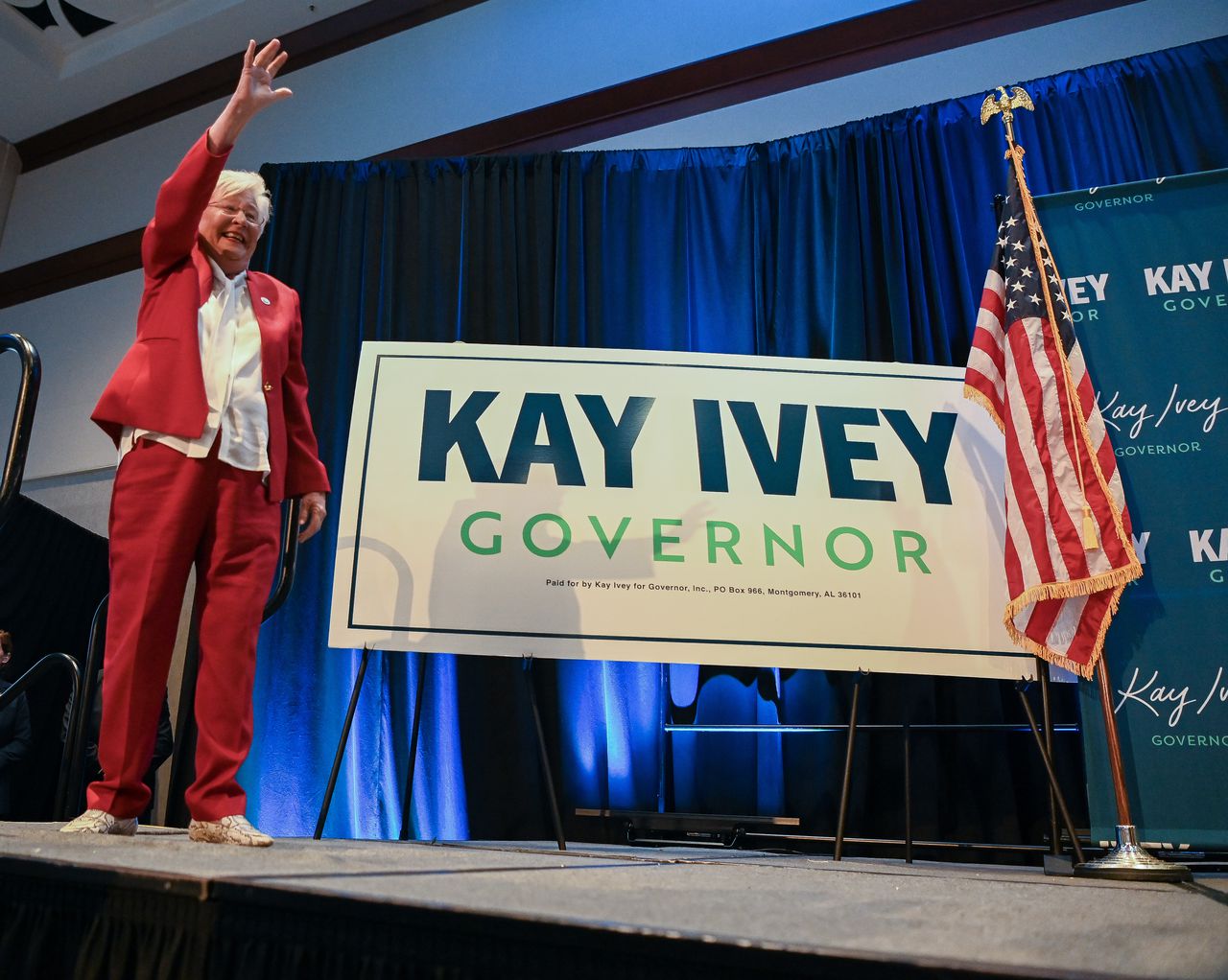Alabama open record requests can go in the trash without a word: Ivey’s order doesn’t solve all problems
This is an opinion column.
Last year I got myself several cashier’s checks, all written out to the Alabama Department of Corrections.
The background: At the Montgomery Advertiser, we wanted to know what happened during the first of three botched executions in the state. To get that process started, you have to pay a cover.
It’s not a charge for the cost of finding documents or labor. It’s a $25 fee to ask a question, and it has to be a cashier’s check. We knew we would ask a lot of questions. And we knew that we could easily pay $25 to hear the word “no.” And legally, neither DOC nor any other Alabama state agency is required to even say that much.
So Gov. Kay Ivey’s recent order setting minimal requirements for public access to public records is an improvement. But it also shows how far Alabama has to get to basic standards of government transparency.
State law says that every citizen “has a right to take and inspect a copy of any public writing of this state.” There are exceptions for security and infrastructure matters, and you can’t ask to see what your neighbor checked out of the library. Beyond that, it’s pretty broad.
But neither that statute nor any other law on the books says how people can get those writings, or how state agencies should respond. Most states require a public body to acknowledge open records requests and answer — with good news or bad — in a certain timeframe.
In Alabama, a public body doesn’t have to answer your request. They don’t have to acknowledge it. And there’s nothing stopping them throwing a public records request in the trash or turning it into an origami swan. (In that case, you can hire a lawyer, if you can spend $250 an hour.) Agencies that do respond can charge limitless fees to produce documents.
The Alabama Supreme Court hasn’t helped matters with readings of the law that always seem to favor secrecy. This is a body that once ruled that the Alabama Legislature did not have to conduct its meetings in public, even though the state constitution specifically requires the doors of the chambers to be open. (The Alabama Legislature passed a law in 2015 saying that, in fact, it did have to operate in public.)
In 2021, the court ruled that Lagniappe, a weekly news outlet in Mobile, didn’t have the right to dash and body cam footage of a fatal shooting because the recordings were “investigative” in nature, even though the investigation had been closed.
The effect of all this is that documents that are routinely available in other states get hidden from the public. Florida, for instance, posts its lethal injection protocol on its state corrections website. What we know of Alabama’s method of putting people to death has only emerged because the state got sued.
In short, Alabama’s open records laws do as much to get public info to Alabamians as screaming the phrase “open records” in the middle of the street. The intent is there; the path is not.
Ivey’s executive order addresses some of these problems. It requires state agencies to acknowledge requests within two days. It also requires agencies to make a formal response to requests within 15 days. The order also caps copying charges (always a potential wallet drainer) to 50 cents a page and makes it clear that there will be no fee for electronic documents.
So far, so good. But agencies can still charge applicants looking for records. And while the order limits charges for labor finding documents to $20 an hour, it creates two standards of requests, with the key dividing line being whether the agency spent more or less than eight hours finding the documents. So you could still owe an agency $160, or more, to get a public document.
Critically, the order does not lay out an appeals process. Other states give people denied a public record a chance at a second hearing. In Mississippi, for example, one can appeal a rejection to the state’s ethics commission. But if an Alabama agency turns down your request, and you don’t like the reasoning – well, hope you can hire an attorney.
The biggest weakness of the order is that it’s an executive order. Ivey’s authority only extends to state agencies. Local governments and agencies aren’t covered. And Ivey — or more likely, a future governor — can revoke it at any time.
What the state really needs is a new statute that will give the public access to documents that are ours by right. There was a promising bill on these lines in 2021, but it got wiped out with stunning speed in a Senate committee after government groups objected to it.
Until a law is on the books protecting the public’s right to its own information, Ivey’s order cracks the door open only a little to the workings of our government and elected leaders. As long as Alabama law favors agencies over access, we really don’t have open records in this state.
Brian Lyman is the editor of Alabama Reflector. He has covered Alabama politics since 2006, and worked at the Montgomery Advertiser, the Press-Register and The Anniston Star. His work has won awards from the Associated Press Managing Editors, the Alabama Press Association and Robert F. Kennedy Center for Human Rights. He lives in Auburn with his wife, Julie, and their three children.
